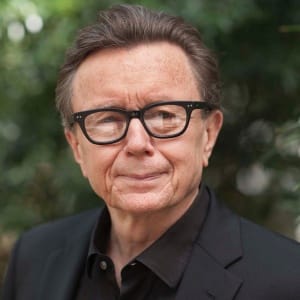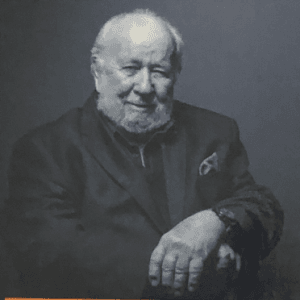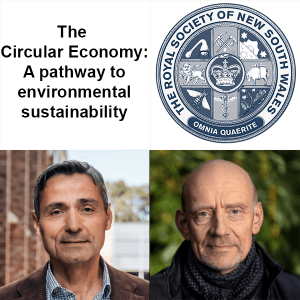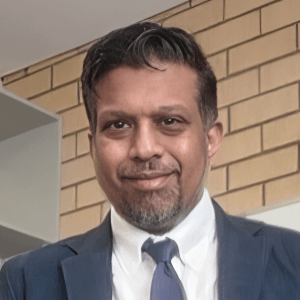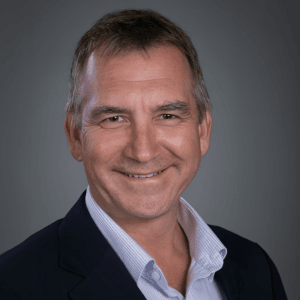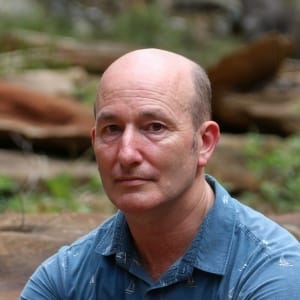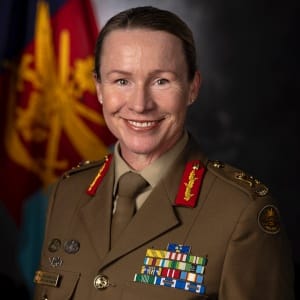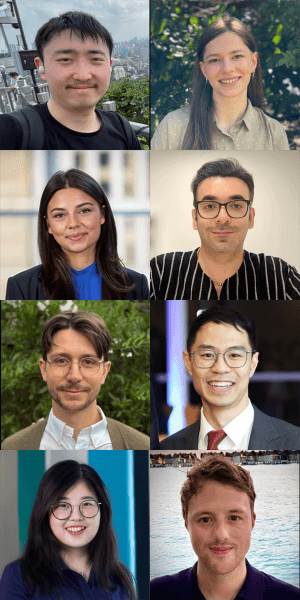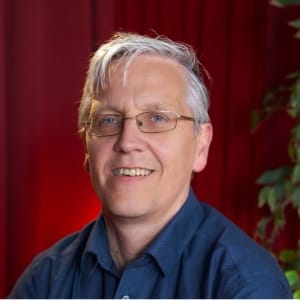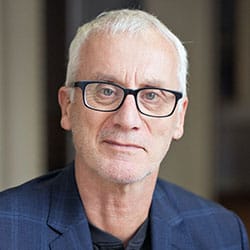
 “Where now for the study of time?”
“Where now for the study of time?”
Professor Huw Price
Bertrand Russell Professor of Philosophy
University of Cambridge
Date: Wednesday, 7 October 2020, 6.30 pm AEDT
Venue: Zoom webinar
Video presentation: YouTube video
All are welcome
Summary: The scientific world has just marked the centenary of Sir Arthur Eddington’s confirmation of Einstein’s prediction of the bending of light by gravity. This work, based on observations during a solar eclipse in 1919, made Eddington a household name. He became one of the great science communicators of his generation. When he died in 1944, TIME magazine said that the world had lost ‘one of mankind’s most reassuring cosmic thinkers’.
One of Eddington’s favourite cosmic subjects was Time’s Arrow, a term he himself introduced to the literature in his 1927 book, The Nature of the Physical World. Eddington thought that there is something essential about time that physics is liable to neglect: the fact that it “goes on”, as he often puts it.
Despite the best efforts of philosophers to pour cold water on this idea, similar claims are still made today, in physics as well as in philosophy. In the lecture that begins this presentation, Huw Price argues all sides in these debates can profit by going back to Eddington. Eddington appreciates some of the pitfalls of these claims with greater clarity than their contemporary proponents, and also issues a challenge to rival views that deserves to be better known.
The lecture was delivered in Copenhagen in 2011 at Setting Time Aright – An international and inter-disciplinary meeting investigating the Nature of Time. This was the third international conference of the Foundational Questions Institute (FQXi), and it was organised in conjunction with the Centre for Time at the University of Sydney. For this evening’s event, Huw Price is joined by two current co-Directors of the Centre for Time, Kristie Miller and Alex Holcombe, to ask: Where now for the study of time?
What Kristie Miller will talk about: One compelling account of time is that time is a fourth dimension similar to, but not the same as, the three spatial dimensions. On this view, each of us is extended along this temporal dimension. So rather than its being the case that we move through time, by being first here, and then there, instead we are really one long elongated worm that is stretched out through time. Often though, this is not how we conceptualise time, nor is it how we experience time, or ourselves in time. Regardless of what time is really like, the ways that people think about, and experience, time, have an impact on how they understand their lives. Some of our most recent research focuses on the ways in which what we want, and where we want it, are affected by the ways that we think about and engage with the temporal dimension. In a nutshell, one hypothesis is that the way we think about time leads us to have what seem to be irrational preferences: we prefer that we experience more suffering, rather than less suffering, as long as that suffering is located in our past, rather than our future.
What Alex Holcombe will talk about: Alex will explain how scientific psychology research has revealed a number of illusions associated with our experience of time, and hopefully demonstrate a few of them, screen sharing and video link permitting. These illusory phenomena, together with theoretical considerations regarding what perception is for, cast doubt on the validity of inferences about the nature of reality from our experience.
Professor Huw Price is Bertrand Russell Professor of Philosophy and a Fellow of Trinity College at the University of Cambridge. He is Academic Director of the Leverhulme Centre for the Future of Intelligence, and was co-founder with Martin Rees and Jaan Tallinn of the Centre for the Study of Existential Risk. In 2019 he joined the inaugural Board of the Ada Lovelace Institute, and became the UK Director of the new China-UK Research Centre for AI Ethics and Governance. Before moving to Cambridge in 2011 he was ARC Federation Fellow and Challis Professor of Philosophy at the University of Sydney, where he was founding Director of the Centre for Time.
His publications include Facts and the Function of Truth (Blackwell, 1988; 2nd. edn. OUP, forthcoming), Time’s Arrow and Archimedes’ Point (OUP, 1996), Naturalism Without Mirrors (OUP, 2011) and a range of articles in journals such as Nature, Science, Philosophical Review, Journal of Philosophy, Mind, and British Journal for the Philosophy of Science. His René Descartes Lectures (Tilburg, 2008) were published as Expressivism, Pragmatism and Representationalism (CUP, 2013), with commentary essays by Simon Blackburn, Robert Brandom, Paul Horwich and Michael Williams. He is also co-editor of three collections published by Oxford University Press: Causation, Physics, and the Constitution of Reality (2007, co-edited with Richard Corry); Making a Difference (2017, co-edited with Helen Beebee and Chris Hitchcock); and The Practical Turn (2017, co-edited with Cheryl Misak).
He is a Fellow of the British Academy, a Fellow and former Member of Council of the Australian Academy of the Humanities, and a Past President of the Australasian Association of Philosophy. He was consulting editor for the Stanford Encyclopedia of Philosophy from 1995–2006, and is an associate editor of The Australasian Journal of Philosophy and on the editorial boards of Contemporary Pragmatism, Logic and Philosophy of Science, the Routledge International Library of Philosophy, and the European Journal for Philosophy of Science.
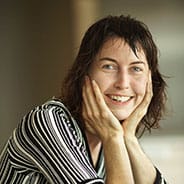 Associate Professor Kristie Miller is an ARC Future Fellow in the Department of Philosophy at the University of Sydney, and a co-Director of the Centre for Time. She works primarily in metaphysics, which is the study of what things there are, and how things interact. Her work in the philosophy of time focuses on two distinct kinds of questions. The first of these is what time, in itself, is like. Her most recent work in this area investigates the question of whether, in light of recent theories in physics that dispense with time altogether in their description of the world, we should conclude that reality is in some good sense timeless. Or, should we instead conclude that time somehow emerges out of a kind of timeless stew. The second of these questions pertains to the connection between time, and our experience of ourselves in time. Her most recent work in this area investigates both how we think about, conceptualize, and experience time.
Associate Professor Kristie Miller is an ARC Future Fellow in the Department of Philosophy at the University of Sydney, and a co-Director of the Centre for Time. She works primarily in metaphysics, which is the study of what things there are, and how things interact. Her work in the philosophy of time focuses on two distinct kinds of questions. The first of these is what time, in itself, is like. Her most recent work in this area investigates the question of whether, in light of recent theories in physics that dispense with time altogether in their description of the world, we should conclude that reality is in some good sense timeless. Or, should we instead conclude that time somehow emerges out of a kind of timeless stew. The second of these questions pertains to the connection between time, and our experience of ourselves in time. Her most recent work in this area investigates both how we think about, conceptualize, and experience time.
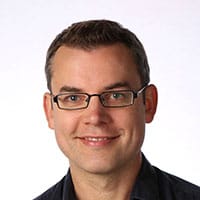 Professor Alex Holcombe is a professor of psychology at the University of Sydney and co-director of its Centre for Time. Inside the lab, he studies how humans perceive and process visual signals over time. Outside of the lab, he has been active in open science initiatives such as PsyOA.org and co-founded the Association for Psychological Science journal Advances in Methods and Practices in Psychological Science.
Professor Alex Holcombe is a professor of psychology at the University of Sydney and co-director of its Centre for Time. Inside the lab, he studies how humans perceive and process visual signals over time. Outside of the lab, he has been active in open science initiatives such as PsyOA.org and co-founded the Association for Psychological Science journal Advances in Methods and Practices in Psychological Science.

